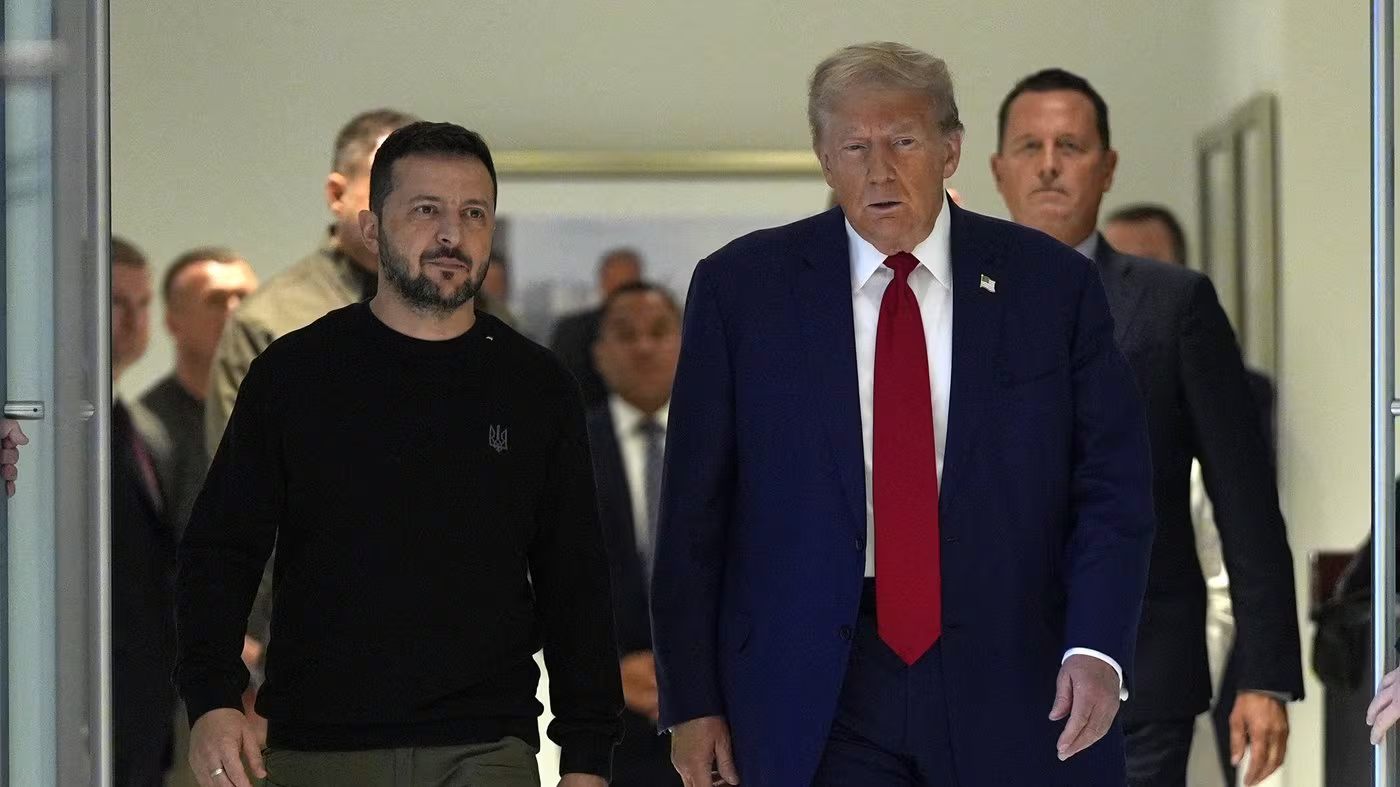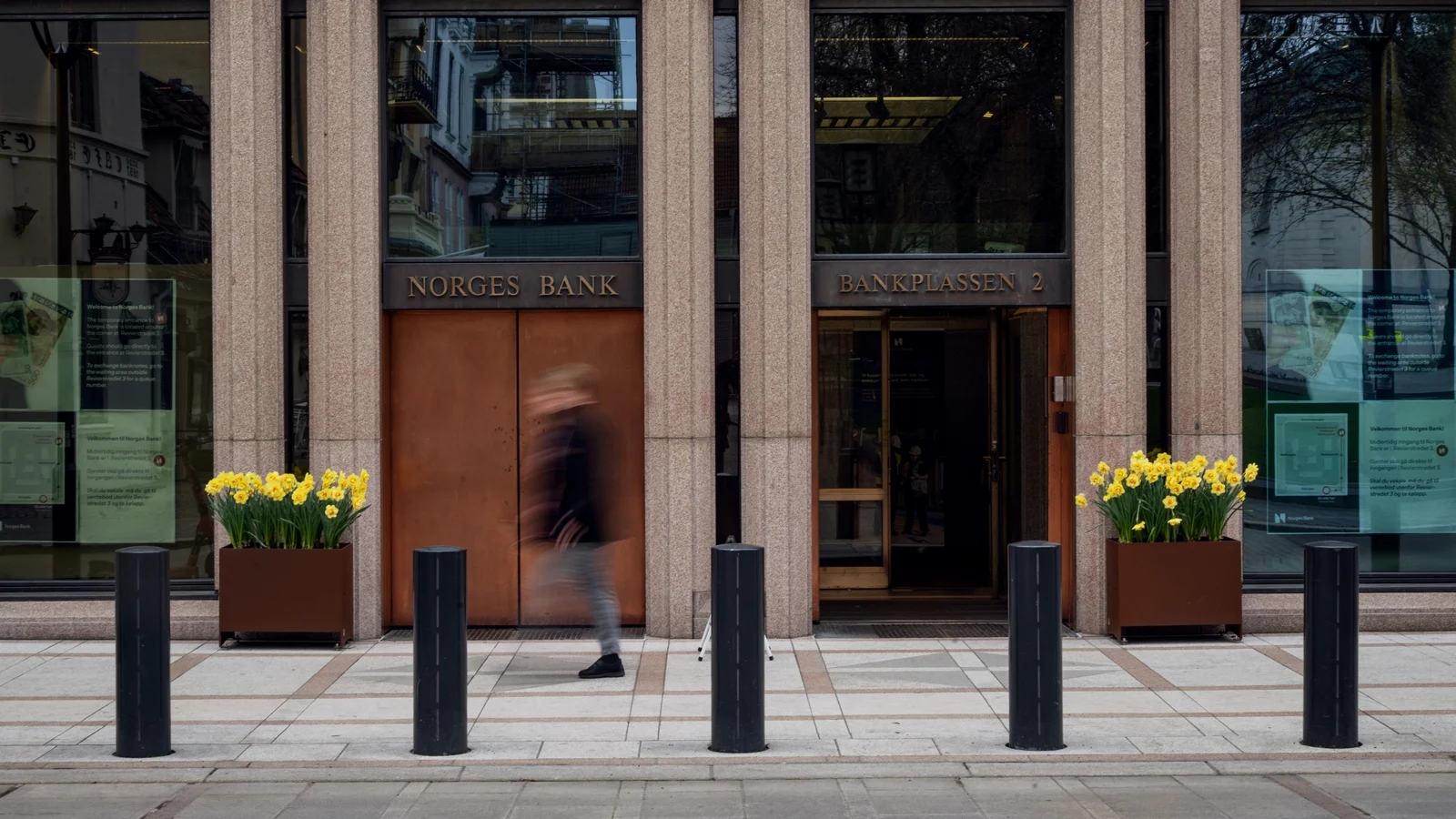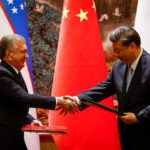Zelenskyy and Western Allies Brace for Trump’s Demands After High-Stakes Putin Summit

Ukrainian President Volodymyr Zelenskyy and his closest European allies are preparing for what could be a defining moment in the war in Eastern Europe: U.S. President Donald Trump’s expected terms following his recent summit with Russian President Vladimir Putin. The closed-door meeting, shrouded in secrecy and geopolitical theater, has sent shockwaves through Kyiv and across Europe, with leaders scrambling to anticipate how Trump may attempt to reshape the trajectory of the conflict.
The Aftermath of the Trump-Putin Encounter
The summit between Trump and Putin was billed as a chance to ease tensions, but its opaque outcome has fueled speculation. Neither side has offered detailed accounts, leaving allies uncertain about what commitments, concessions, or threats may have been exchanged. Trump has previously hinted at the possibility of a “grand bargain” with Moscow, framing peace as a top priority but leaving open whether such a deal might come at Ukraine’s expense.
For Zelenskyy, the stakes could not be higher. His government, reliant on Western aid for both military defense and economic survival, fears being boxed into accepting conditions that could freeze the conflict in a way that benefits Russia.
Europe Holds Its Breath
European leaders are watching closely, anxious that Trump might pressure Kyiv into compromise as part of a broader recalibration of U.S.-Russia relations. Diplomats across Brussels, Berlin, and Warsaw have expressed concern that Washington’s commitment to Ukraine’s sovereignty could be diluted in exchange for vague promises of stability or Russian cooperation elsewhere.
For nations bordering Russia, particularly Poland and the Baltic states, the prospect of Trump striking a deal without consulting NATO allies raises alarm. Officials warn that any perceived weakness in supporting Ukraine could embolden Moscow to test NATO’s resolve in the region.
Zelenskyy’s Balancing Act
Zelenskyy, who is set to meet Trump at the White House in the coming days, is under intense pressure to safeguard Ukraine’s interests while keeping U.S. support intact. His strategy will likely involve emphasizing Ukraine’s role as a bulwark against Russian aggression, framing the country’s defense as integral not just to European security but also to America’s global credibility.
At the same time, Zelenskyy must prepare for potential demands from Trump that could include territorial concessions, curbs on NATO cooperation, or conditions tied to continued U.S. financial and military assistance.
Possible Terms on the Horizon
Though speculation abounds, several scenarios dominate the geopolitical conversation:
- Freeze in Hostilities – Trump could push for a ceasefire agreement, effectively freezing the conflict along current frontlines.
- Sanctions Relief for Russia – A deal might involve scaling back certain U.S. sanctions in exchange for Russian pledges of restraint.
- Conditional U.S. Aid – Washington’s future support to Kyiv could be linked to compliance with Trump’s peace framework.
- Pressure on Europe – Trump may seek a larger financial contribution from European nations to offset America’s commitments.
Allies Push Back
Zelenskyy is not alone in bracing for Trump’s terms. European leaders have signaled they will resist any settlement that undermines Ukraine’s territorial integrity or rewards Russia for military aggression. France and Germany, despite internal divisions, have urged unity in defending Kyiv’s sovereignty, while Eastern European states have adopted an even harder line.
The challenge, however, is maintaining cohesion at a time when Trump appears willing to pursue a more transactional approach to diplomacy—one that could prioritize rapid de-escalation over long-term stability.
The Road Ahead
As Zelenskyy prepares for his Oval Office meeting, the uncertainty surrounding Trump’s post-Putin terms underscores the fragility of Western unity. The Ukrainian leader faces a delicate balancing act: resisting pressure for concessions while preserving the lifeline of U.S. support that keeps his country in the fight.
For now, all eyes remain on Washington. Whatever terms Trump unveils could set the stage not only for Ukraine’s future but for the broader balance of power between Russia and the West.

















